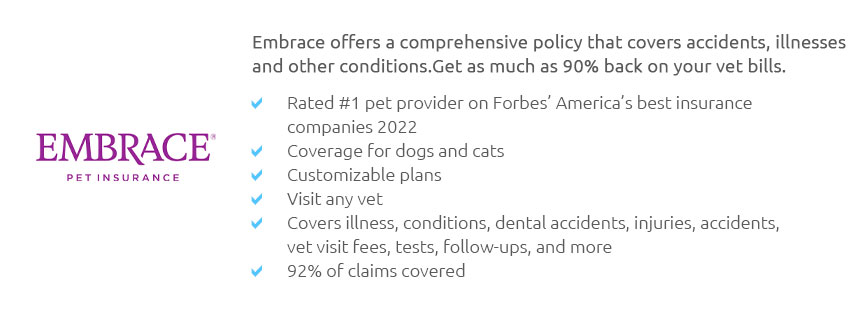 |
 |
 |
 |
 |
 |
|
 |
|
 |
|
 |
|
 |
|
 |
 |
 |
 |
 |
 |
 |
 |
Understanding Pet Insurance for Dogs: A Comprehensive GuidePet insurance, once considered a luxury, has steadily become a crucial consideration for dog owners who aim to provide the best care for their four-legged companions. This rise in popularity reflects an increasing awareness of the unpredictability of health issues in dogs and the financial strain they can impose. In essence, pet insurance is designed to alleviate the burden of unexpected veterinary expenses, offering a financial safety net that can make a significant difference in critical situations. The concept of pet insurance is straightforward, yet the nuances can be complex. Essentially, it operates similarly to human health insurance, where policyholders pay a monthly or annual premium in exchange for coverage of certain medical expenses. However, the specifics can vary widely, with different policies covering everything from routine check-ups and vaccinations to surgeries and chronic illness management. For dog owners, choosing the right plan can be daunting but immensely rewarding, ensuring peace of mind and financial stability in the face of veterinary emergencies. Benefits of Pet Insurance for Dogs
Practical Considerations When selecting a pet insurance plan, it is crucial to consider factors such as the dog's age, breed, and pre-existing conditions, as these can significantly influence coverage options and costs. Younger dogs often have lower premiums, but older dogs or those with known health issues might face restrictions or higher costs. Additionally, breed-specific conditions should be taken into account, as some breeds are predisposed to certain health issues. Understanding the exclusions and limits of each policy is also vital to avoid unexpected surprises when filing claims. Pet insurance is not a one-size-fits-all solution; it requires careful consideration and comparison of available options. While some owners may prioritize comprehensive coverage, others might opt for basic accident coverage, depending on their financial situation and their pet's health needs. Consulting with veterinarians and reading customer reviews can provide valuable insights into the effectiveness and reliability of different insurance providers. In conclusion, pet insurance for dogs serves as a prudent investment for many pet owners, offering a blend of financial protection and peace of mind. While the initial task of navigating policies and premiums might seem daunting, the long-term benefits far outweigh the initial effort. By providing the means to afford necessary medical care, pet insurance plays a pivotal role in ensuring that dogs lead healthy, happy lives, enriching the bond between pets and their owners. In a world where the unexpected can always happen, having pet insurance is akin to having a trusted ally ready to step in when needed most, ensuring that our beloved canine companions receive the care they deserve without compromise. https://www.costco.com/pet-insurance.html
As a Costco Member, you are eligible to receive an exclusive 15% pet insurance discount* through Figo Pet Insurance. The 15% discount reflects the percentage of ... https://www.akcpetinsurance.com/
AKC Pet Insurance offers pet insurance to both cats and dogs of all ages and breeds. Get a free quote from our calculator today or call us at 866-725-2747. https://www.trupanion.com/
Reimagined pet insurance for dogs and cats. With unlimited payouts and robust coverage, you can access the vet care your pet deserves. Get a free quote!
|